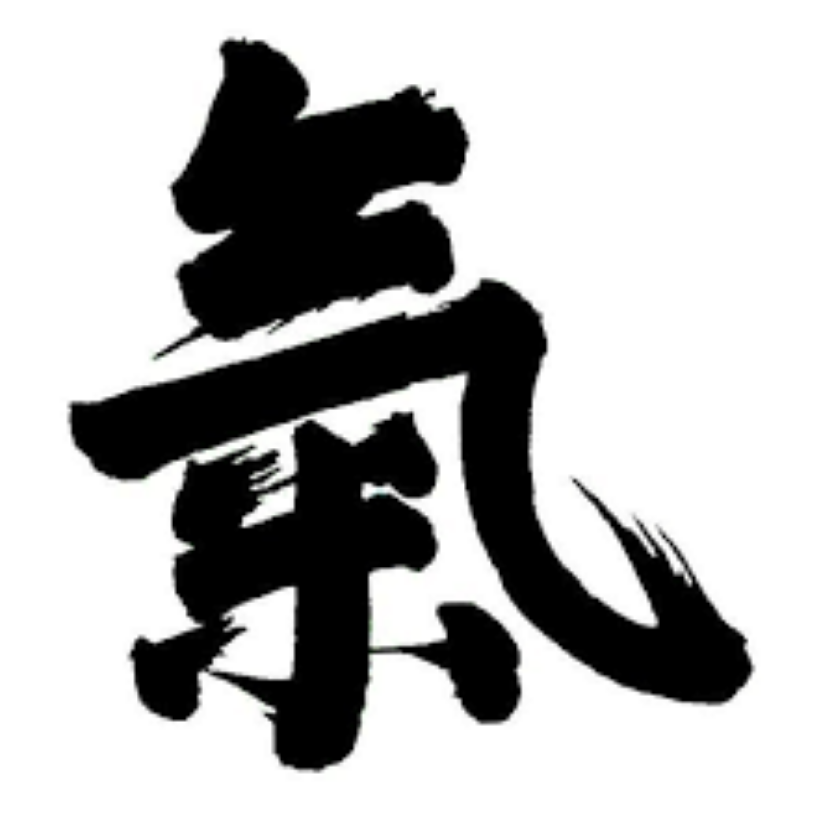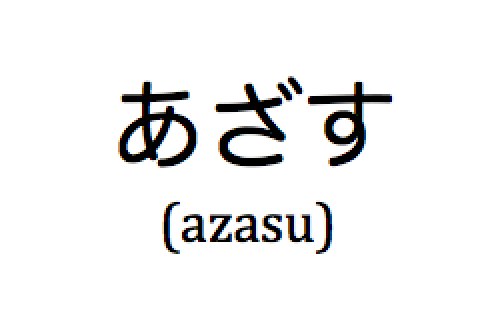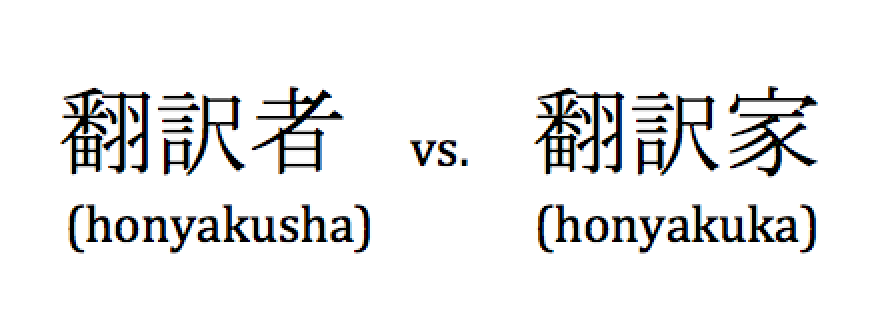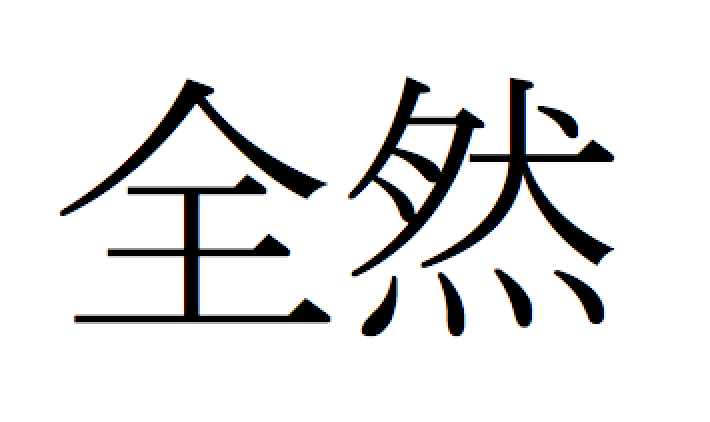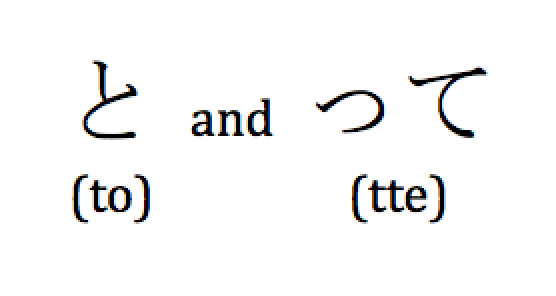Training Aikido in a Japanese Dojo: An intriguing experience
Ever since I began training in the martial art of Ki Aikido (more formally known as 心身統一合氣道, shinshin touitsu aikido) in Oregon, I was always curious what it would like to train in a dojo in Japan where the training (稽古、keiko) was done in Japanese––though rather than merely a curiosity, I guess you could say… Read More »
